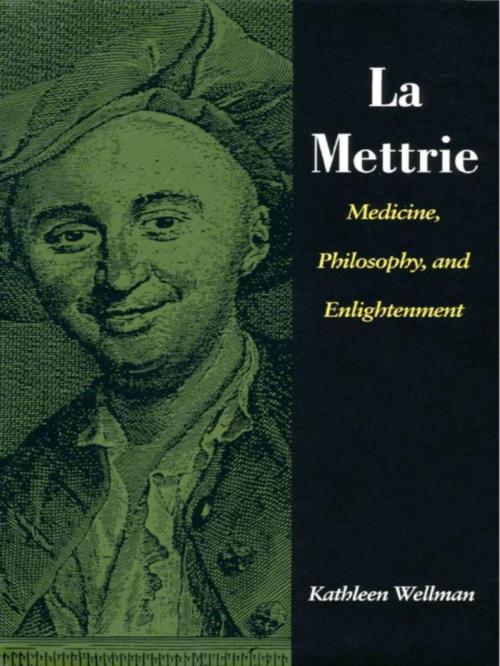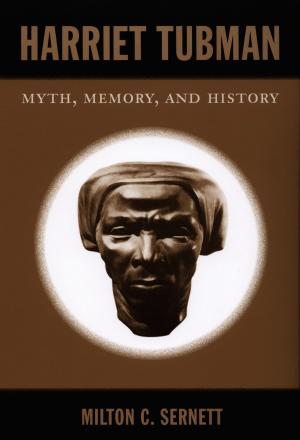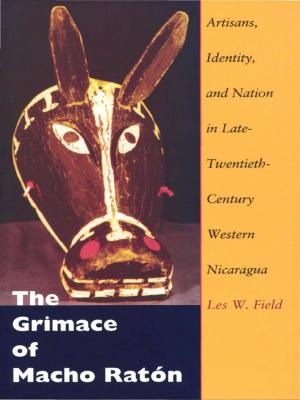| Author: | Kathleen Wellman | ISBN: | 9780822397106 |
| Publisher: | Duke University Press | Publication: | June 1, 2012 |
| Imprint: | Duke University Press Books | Language: | English |
| Author: | Kathleen Wellman |
| ISBN: | 9780822397106 |
| Publisher: | Duke University Press |
| Publication: | June 1, 2012 |
| Imprint: | Duke University Press Books |
| Language: | English |
Julien Offray de la Mettrie, best known as the author of L’Homme machine, appears as a minor character in most accounts of the Enlightenment. But in this intellectual biography by Kathleen Wellman, La Mettrie—physician-philosophe—emerges as a central figure whose medical approach to philosophical and moral issues had a profound influence on the period and its legacy.
Wellman’s study presents La Mettrie as an advocate of progressive medical theory and practice who consistently applied his medical concerns to the reform of philosophy, morals, and society. By examining his training with the Dutch physician Hermann Boerhaave, his satires lampooning the ignorance and venality of the medical profession, and his medical treatises on subjects ranging from vertigo to veneral disease, Wellman illuminates the medical roots of La Mettrie’s philosophy. She shows how medicine encouraged La Mettrie to undertake an impiricist critique of the philosophical tradition and provided the foundation for a medical materialism that both shaped his understanding of the possibilities of moral and social reform and led him to espouse the cause of the philosophers.
Elucidating the medical view of nature, human beings, and society that the Enlightenment and La Mettrie in particular bequethed to the modern world, La Mettrie makes an important contribution to our understanding of both that period and our own.
Julien Offray de la Mettrie, best known as the author of L’Homme machine, appears as a minor character in most accounts of the Enlightenment. But in this intellectual biography by Kathleen Wellman, La Mettrie—physician-philosophe—emerges as a central figure whose medical approach to philosophical and moral issues had a profound influence on the period and its legacy.
Wellman’s study presents La Mettrie as an advocate of progressive medical theory and practice who consistently applied his medical concerns to the reform of philosophy, morals, and society. By examining his training with the Dutch physician Hermann Boerhaave, his satires lampooning the ignorance and venality of the medical profession, and his medical treatises on subjects ranging from vertigo to veneral disease, Wellman illuminates the medical roots of La Mettrie’s philosophy. She shows how medicine encouraged La Mettrie to undertake an impiricist critique of the philosophical tradition and provided the foundation for a medical materialism that both shaped his understanding of the possibilities of moral and social reform and led him to espouse the cause of the philosophers.
Elucidating the medical view of nature, human beings, and society that the Enlightenment and La Mettrie in particular bequethed to the modern world, La Mettrie makes an important contribution to our understanding of both that period and our own.















